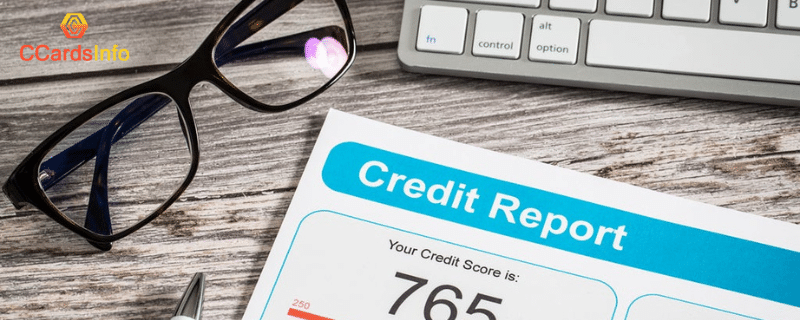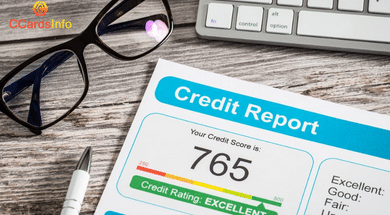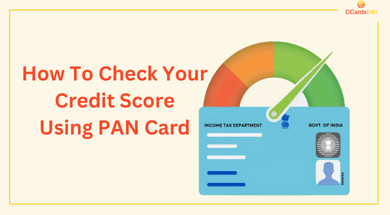Financial literacy requires an understanding of your credit report. The report can affect your ability to get a job or a mortgage in addition to determining whether you can get a credit card or an auto loan. There are many ways to get a free copy of your credit report, so there’s no excuse not to check it out to see where you stand financially, whether you’ve been the victim of fraud, and how to start repairing your credit.

Why You Should Check Your Credit Report?
Your credit score, which is based on the details in your credit report, aids creators in determining whether and how much credit to provide to you. Make sure your credit reports are accurate because it could affect your ability to get new credit or possibly your ability to find property or a job. Fraud and identity theft are also always a possibility. You can prevent someone from opening fake accounts in your name by regularly checking your credit report.
What Is On Your Credit Report?
The three major national consumer credit bureaus — Experian, TransUnion, and Equifax — maintain credit records. Although the information in your credit report from each bureau may change widely, it will all include personal information, such as your address and birth year. Additionally, it might contain data on present or previous employers.
Creditors will provide you with information about your credit and debt history, as well as a list of people who have asked for your information in the past. When you apply for a loan, a rental, or occasionally a job, your credit report may be pulled. Additionally, under certain circumstances, your current creditors and other businesses with whom you do business may have access to your credit report. To send you preapproved offers, lenders may have asked for information about you. This list may be seen by you as well.
Examine Your Credit Report Very Carefully For Errors
When you receive your credit report, it’s important to carefully review it to ensure that all of the following details are true:
Personally identifying information: Your name, address, Social Security number, birth date, and employment details.
Account information includes the type of account, the date it was opened, the loan amount, the account balance, and your payment history.
A list of all individuals, both soft inquiries and hard inquiries, who have accessed your credit report in the previous two years. When you submit a loan application, you authorize the lender to request a copy of your credit report.
Public documentation and collections: can obtain information on public records, such as bankruptcies, from state and county courts. It will also show up on your credit report if you have any past-due debt that has been given to a collection agency.
Conclusion
Regularly reviewing your credit report can help you find inaccurate or missing information. You can prevent identity theft and credit card scams early on, save money by being alert with your credit avoid future time and hassle, and ensure that accounts are reported accurately. To pull your own report it won’t harm your credit score and it only takes a few minutes.
Read More: Steps to take When Lost Your Credit Card?




